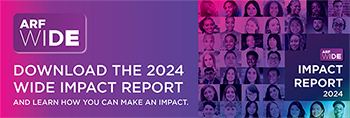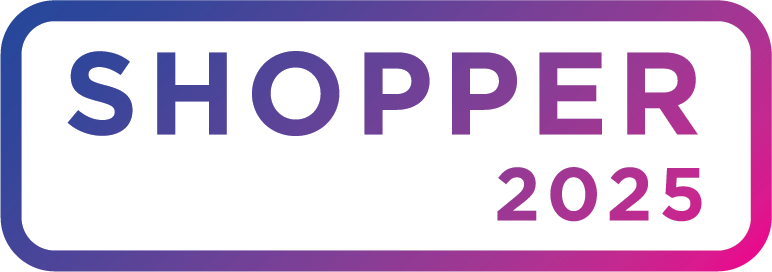- Targets & Segments
- Article
7th Annual (2024) Privacy Study
The ARF's 7th Annual Privacy Study surveyed 1,242 American consumers to understand their attitudes towards online privacy, data sharing and trust in institutions. This impactful perennial survey for the first time this year even gauged people’s feelings on AI. The study revealed a decline in perceived knowledge about online privacy, with only 40% of respondents feeling well-informed, down from 46% in 2023. Trust in media and brands also declined, particularly among younger demographics, while medical and financial institutions retained higher trust levels.
The study also highlighted increased resistance to data collection, even when tied to personalization or improved ad experiences. Consumers showed a growing aversion to sharing sensitive information and a heightened sensitivity to data breaches. Emerging concerns about AI and its impact on privacy were also noted, with AI platforms ranking among the least trusted institutions.
Member Only Access




















